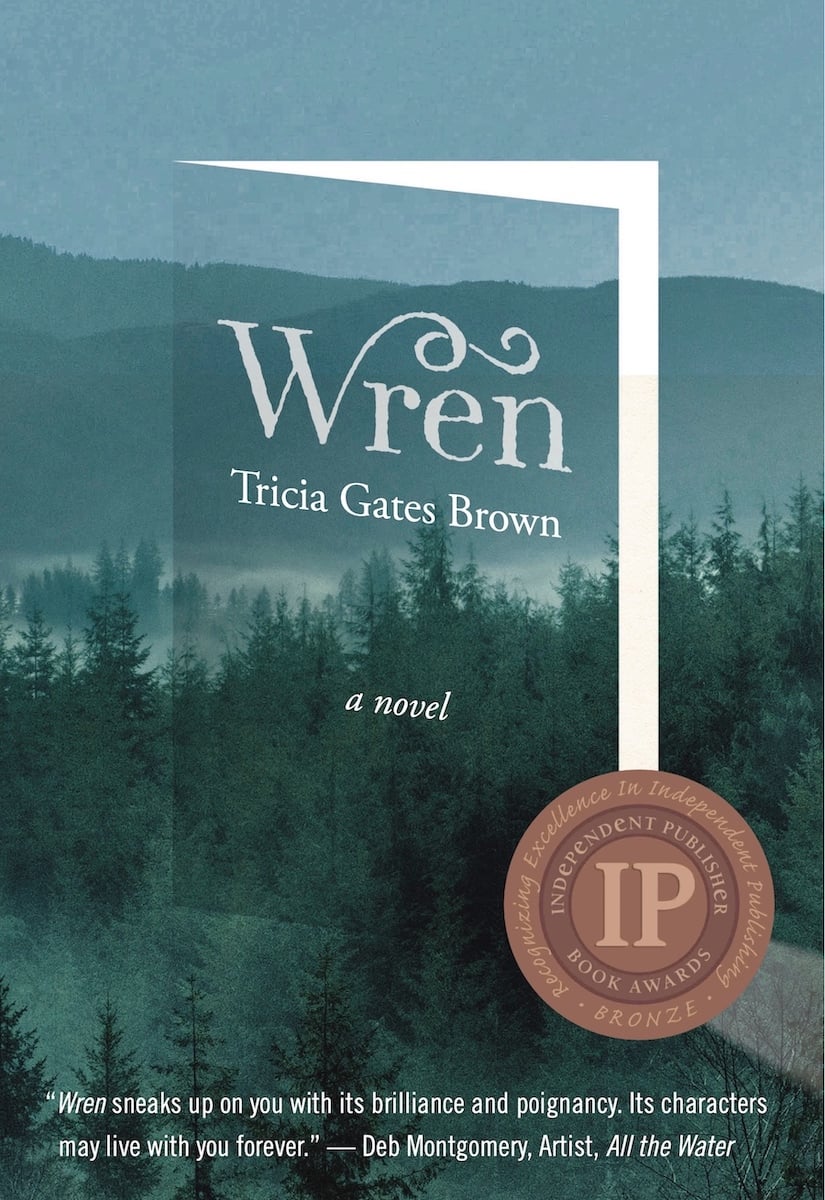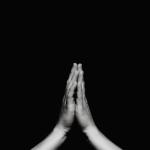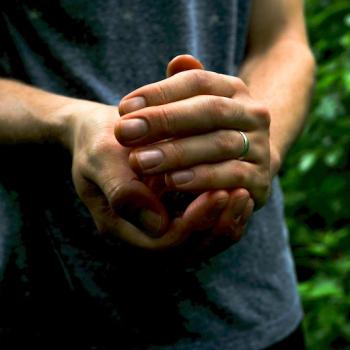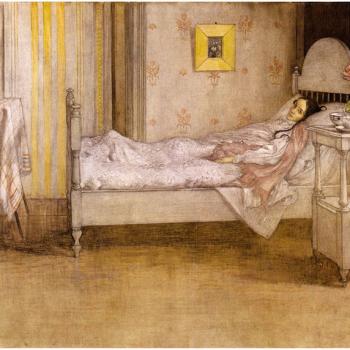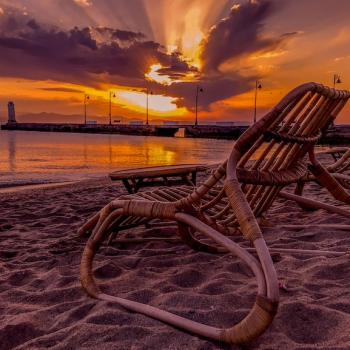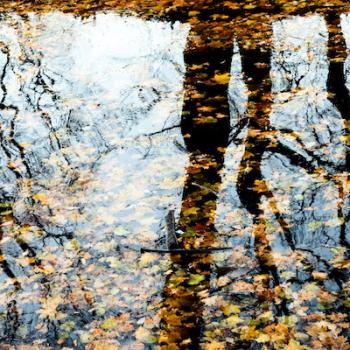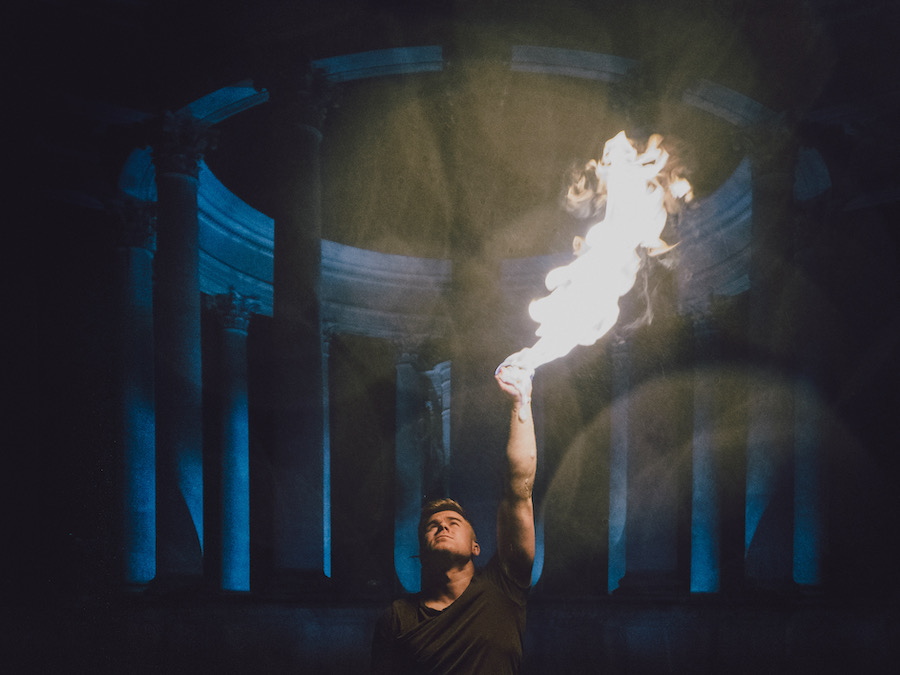
{See previous column “So What? (Part 1)” for this column’s set-up.}
In my view, what is not adequately acknowledged by those noticing a breakdown in connection to tradition and a supportive, established ethical framework in American society, or an “unmooring” from these things, is that people absolutely do replace these moorings. It is natural. People do not stay generally unmoored, because our tendency is to hold on to something. In the absence of formal religions, we hold to something else—to other kinds of religion. To reiterate from my last column, I contend we all have a religion, or religions. “Religion” as I am talking about it involves the narratives/stories, rituals, beliefs, values, and everyday practices by which we derive meaning for our lives. Modern people unaffiliated with formal religions don’t go without story/ritual/belief/values/daily practice. We just hold to these things less formally, and often much less consciously. So this is my question: In a time of crisis, celebration, or death, wouldn’t you want the thing orienting your life—your religion, your mooring—to be something healthy and substantial? Not formal religion, necessarily, but something examined, even scrutinized.
Take, for example, popular entertainment. For many, this is their religion—films and TV series. These provide the stories, rituals, beliefs, values, and meanings/motivation that structure their lives. These individuals talk frequently with others about their media intake. They live from series to series. This was especially true when people were homebound during the pandemic. I am not knocking TV and films—trust me, I love my evening Netflix as much as anyone. But if TV and films play a religious role in a person’s life in the way I define religion, wouldn’t that person want to know it? It might make them a better TV watcher. It might make them appreciate the ritual more, make them do it more consciously.
In the process of becoming ordained in the Episcopal Church, I was asked why I wanted to be ordained. In part my answer had to do with how the church is experiencing disruption, and inevitable transition into something new, and as I would say, “I want to be a part of that conversation.” As an active participant, I can wrestle with my religion every day, I can ask hard questions and try to make a difference in shaping it, I can look at what is beneficial and work to transform what is not. I can find meaning in my religion’s stories, rituals, values, beliefs and practices—which I am aware of and which I can name.
I invite others to ask: What is my religion? And to start a conversation with that religion, to start thinking about how they are shaped by their religion and how they want to be shaped. No matter what form our religions take, I believe we will feel less adrift if we name our own systems of story/ritual/beliefs/values/daily practices, or our “meaning-making systems,” and cast a bright light on them—if we can define them and use them consciously. It helps to know what one is moored to. It helps to scrutinize what one is moored to, in case it proves flimsy.


